With experts across the WILDLABS community working with every type of technology and in every imaginable environment, our platform is a great place to find advice and resources on choosing what tools are right for your conservation project. Whether you're in the market to try a new camera trap model, want to experiment with drones for the first time, or need help weighing the pros and cons of data management tools, there's someone in the WILDLABS community who can help you make a smart and informed choice!
The Community Base is our general gathering group. It's the place where we cover more general, big picture topics in conservation technology - ones that don't fit neatly into our other groups. If you don't know where to post something, just post it in this group. Our moderators will move it if needed!
At our Community Base, you'll find updates from the WILDLABS team on upcoming events and opportunities, and have the chance to shape our programs and platform with your opinions. And most importantly, the Community Base is also home to our Welcome to WILDLABS thread, the best place to introduce yourself to us and the community. Stop by and tell us what you're working on!
Whether you're new to WILDLABS and want to know where to begin, or you're a longtime member looking for a handy bank of resources, our Getting Started on WILDLABS thread will be your one-stop guide to getting the most out of our platform.
Want to find out more about WILDLABS? Check out our recent community call:
Header image: Ana Verahrami/Elephant Listening Project
Group curators
- @TaliaSpeaker
- | She/her
WILDLABS & World Wide Fund for Nature/ World Wildlife Fund (WWF)
I'm the WILDLABS Research Specialist at WWF-US

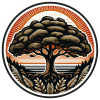

- 23 Resources
- 62 Discussions
- 25 Groups
- @alexrood
- | she/her
WILDLABS & World Wide Fund for Nature/ World Wildlife Fund (WWF)
I'm the WILDLABS Communications and Community Management Associate Specialist at WWF-US

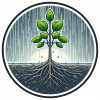



- 114 Resources
- 78 Discussions
- 7 Groups
- @cwcline
- | him/his
Panthera
Conservation technologist and hardware developer with Panthera


- 0 Resources
- 1 Discussions
- 2 Groups
- @raquelgo
- | (she/her/hers)
- 0 Resources
- 0 Discussions
- 17 Groups
- @ThinkNature
- | TN
We, at Think Nature, are a university-launched startup that aims to transform into a nature economy where humans and nature coexist.


- 0 Resources
- 2 Discussions
- 2 Groups
- @evan21
- | She/Her
University of St Andrews
Final Year Biology & Geography Undergraduate at the University of St Andrews
- 0 Resources
- 1 Discussions
- 7 Groups
Software Engineer


- 0 Resources
- 5 Discussions
- 10 Groups
American Museum of Natural History
- 1 Resources
- 8 Discussions
- 10 Groups
- @Tracks_Ecology
- | he/him
Ecological Consultant focussing on the use of UAV and GIS to advance applied ecological reasearch
- 0 Resources
- 1 Discussions
- 5 Groups
Fauna & Flora
Countering poaching and IWT

- 0 Resources
- 6 Discussions
- 2 Groups
- @bradnahill
- | he / him
SEE Turtles
Brad has worked in sea turtle conservation & ecotourism for 20+ years. He is the lead writer of Sea Turtle Research and Conservation and co-author of the Worldwide Travel Guide to Sea Turtles. He has won the President's Award from the International Sea Turtle Society.
- 1 Resources
- 4 Discussions
- 6 Groups
- @ZoeDagan
- | She/her
I'm Zoe, an ecologist at the intersection of SaaS, conservation, and community science. I build programs and advance projects that accelerate solutions to our most urgent climate and conservation challenges.

- 0 Resources
- 4 Discussions
- 10 Groups
- @crazybirdguy
- | Him
Field Biologist at Yayasan Cikananga Konservasi Terpadu, Indonesia, with experience and interest mainly in ornithology, citizen science and bioaccoustic
- 0 Resources
- 9 Discussions
- 12 Groups
FruitPunch AI
CTO and Founder of FruitPunch AI




- 0 Resources
- 4 Discussions
- 11 Groups
The Holohil Grant Program is donating up to CDN$2,500.00 toward the purchase of Holohil transmitters each quarter to conservation professionals and researchers from anywhere in the world.
17 July 2018
Would you like to make the world safer for trafficked wildlife? The 3rd annual Zoohackathon will take place on September 15-16 and September 22-23 of 2018. The Zoohackathon brings together coders, university students,...
11 July 2018
The global winners of the 2016 Zoohackathon are working hard to develop their winning idea into a fully fledged platform that is ready for field deployment. Called SmartSkout, it will be one of the first systems of its...
26 September 2017
June 2025
event
October 2025
event
event
April 2023
event
March 2023
event
event
| Description | Activity | Replies | Groups | Updated |
|---|---|---|---|---|
| Oops, sorry about that. I wrote a reply a few weeks ago, and I am pretty sure I clicked the button, but apparently something went wrong. So, another attemptThank you for your... |
|
Community Base, Conservation Tech Training and Education, East Africa Community, Funding and Finance, Human-Wildlife Conflict, Latin America Community | 6 months 4 weeks ago | |
| Hi everyone!Following our launch of The Inventory and the badges system here on WILDLABS we have some amazing new features just around the corner, but we've also been doing lots... |
|
Community Base | 7 months ago | |
| Hej Yvan,I'm not familiar with these, but have you/your colleagues looked at car rental companies, car enthusiasts associations?Also, crowd funding seems well suited for such... |
|
Community Base, Funding and Finance | 7 months 1 week ago | |
| Hi Adrien,The founder of the Green Box is at the COP16 - I can connect you if you don't know Eduardo.Kind regards,Gijs |
+14
|
Community Base, Latin America Community | 7 months 1 week ago | |
| Hi,I lost track of the timeline; the Green Box submitted an idea for development, but I have not received any further communication. Could you please remind me what the timetable... |
+25
|
Community Base, Funding and Finance | 7 months 1 week ago | |
| @tve @hikinghack Hey there! I'm on the Community team at WILDLABS -- this is exactly the kind of feedback we look to capture in our Network Survey. When we hear the same feedback... |
+14
|
Community Base | 7 months 2 weeks ago | |
| WildMon, Terra Genesis, The VF Foundation, Thaksin University, and the Wanakaset Symbiosis Network have teamed up on a new project in... |
|
Acoustics, AI for Conservation, Community Base | 7 months 3 weeks ago | |
| Hej Szilvia!What an interesting story, especially in light recent questions popping up on business models for nature conservation enterprises!So, how or where do you find... |
|
Community Base, Early Career, Funding and Finance | 7 months 3 weeks ago | |
| Gracias @Wade, por iniciar esta conversación. La traducción en Mac quedó impecable! Nos encantaría seguir escuchando sus experiencias y sugerencias sobre cómo hacer que nuestros... |
|
Latin America Community, Community Base, East Africa Community | 7 months 3 weeks ago | |
| I don't know. From the same quote I would highlight the word 'promises'. One can promise a rocket to the moon. It's not likely to happen but if it does it would be 'real and... |
|
Community Base, Funding and Finance | 8 months 1 week ago | |
| Hej Peter,Thanks for your reply. Obviously, I see where your question is coming from, but I don't think we are going to provide a funding database. After all there already are... |
+15
|
Funding and Finance, Community Base | 8 months 1 week ago | |
| Yay! Congratulations! Feel free to reach out to us either here or at the FreakLabs website if you have any questions on usage and operation :) |
|
Community Base | 8 months 1 week ago |
Bengal tiger cub dies of cold at Crimea zoo hit by power cuts.
4 December 2015 5:36pm
Rare friendship between a tiger and a goat!
4 December 2015 5:29pm
wildtech.mongabay.com is a great resource
2 December 2015 10:40pm
Frequently Asked Questions
30 October 2015 5:43pm

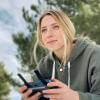




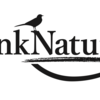





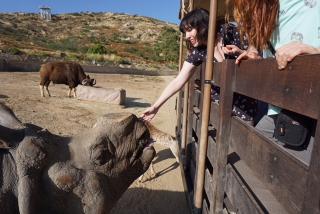


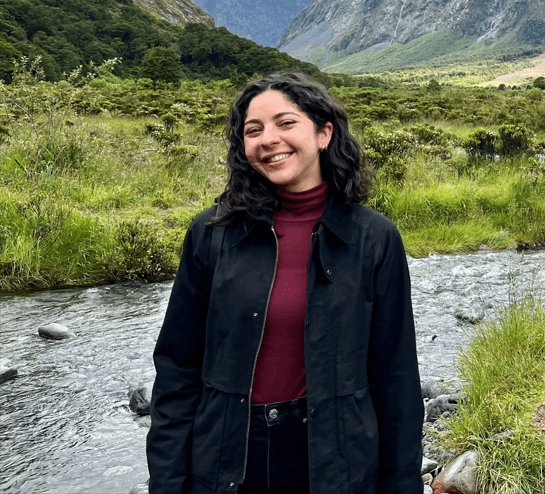
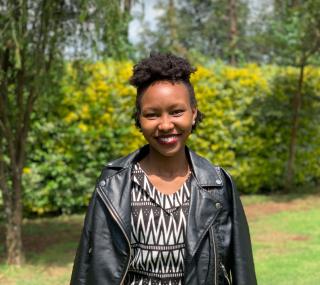








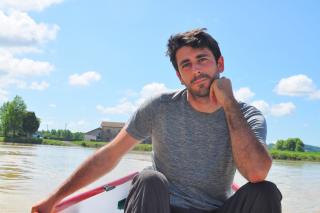







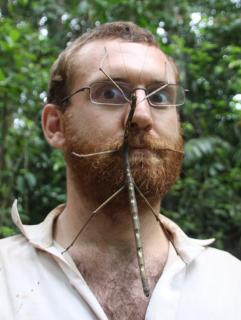



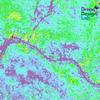







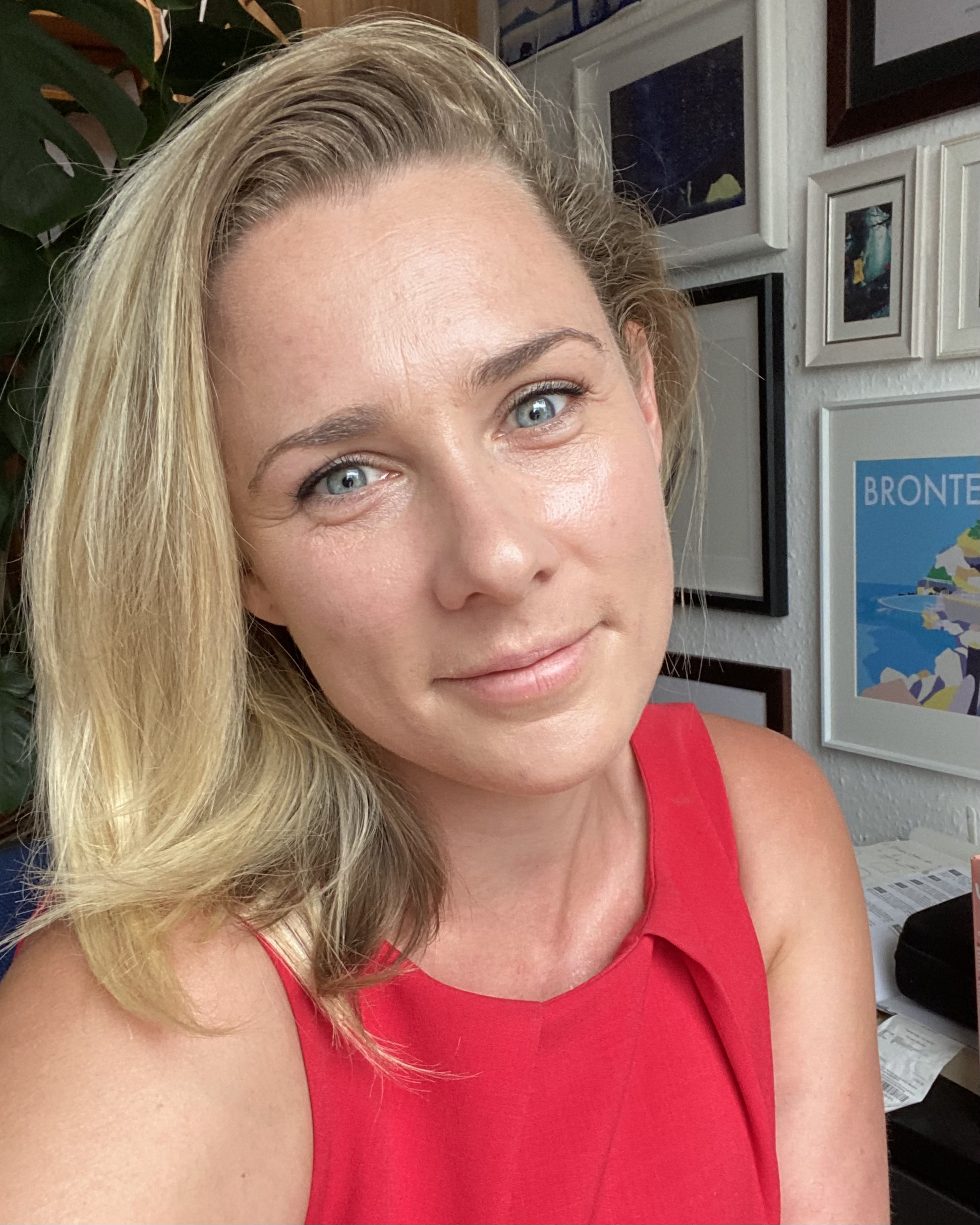
3 December 2015 2:19pm
Thanks for the link - yes, I agree Mongabay's WildTech areas is a great resource for anyone interested in keeping up to date with the latest conservation tech news. Sue Palminteri's article is facinating and is definitely worth a read. The video showing the daily movement of elephants is particularly interesting (see the screenshot below) - it was a case study Katherine Chou of Google.org spoke about in her Fuller Symposium address as well. That they're getting close to real time monitoring is very exciting - it would have been amazing to have that capacity in other projects I've been involved with.
The key take-aways you highlight match a lot of what came up in the Fuller Symposium and other discussions about HWC. The consensus from Wired in the Wild - Can technology save the planet? was that no, it cannot. It is simply a very useful tool that, when used appropriately, could have significant impacts in the challenges conservation is attempting to tackle. Numerous speakers drove home the point that technology is not and should not be the starting point; we need to be technology agnostic. We must start by understanding the challenge and then looking at what (if any) technology might help to address it given the circumstances.
The Elephants and Bees approach is a great example of why we need to start with challenge rather than the technology. Sometimes the best solution is the low tech approach. Nilanga Jayasinghe highlighed this in her thought piece about HWC - giving a similar example of work WWF is doing in Nepal:
'During a recent visit to Nepal, I visited rural villages where wild elephants often raid rice fields during harvest season. The communities had installed electric fences but this tool didn't always succeed on its own. Elephants are smart and persistent: they had learned to break the fence’s electric current, and then the fence itself, by using trees to push over the supporting stakes. To solve this problem, we worked with farmers to dig fish ponds in front of the fences as an additional obstacle. Adding an additional barrier not only made it harder for the elephants to get into the fields, it also gave the communities more time to respond and drive elephants away. This simple solution has not only reduced elephant raids, but has also improved local livelihoods from the sale of the fish grown in the ponds.'